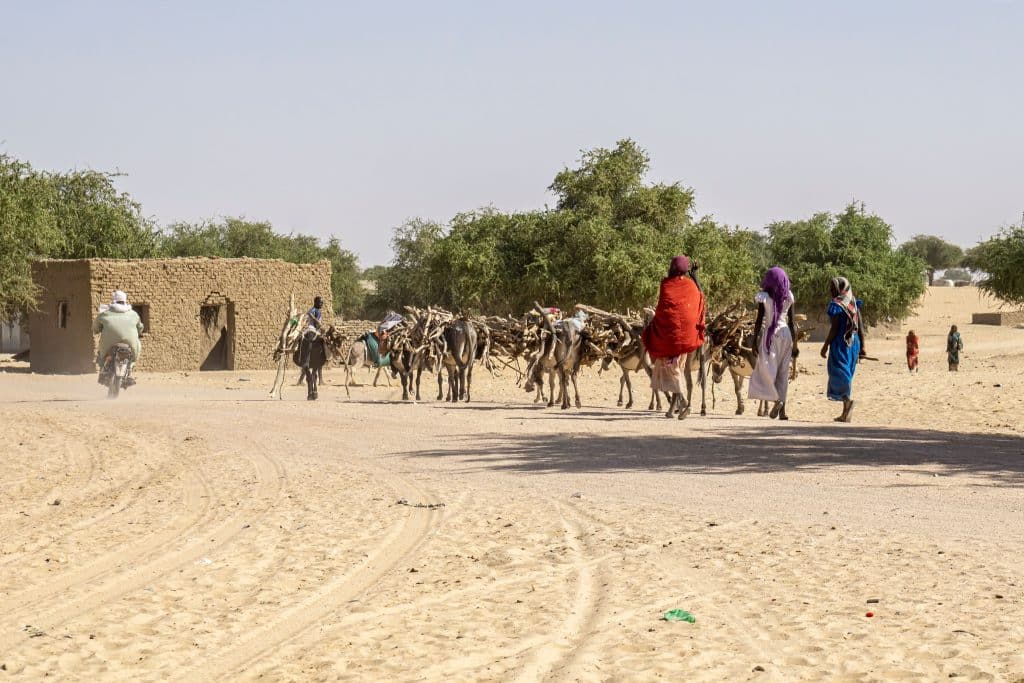The central Sahel, comprising Mali, Burkina Faso and Niger, is experiencing a relentless climate crisis. Local temperatures are rising 1.5 times faster than in the rest of the world, and an increase of between 2 and 4.3°C is predicted between now and 2080. In addition, prolonged dry seasons and severe flooding are disrupting agriculture, which supports 78% of the region’s population, according to the International Rescue Committee (IRC), an organisation based in the United States of America. The lack of investment in these regions means that people are more exposed to the effects of climate change. And this fragility creates a breeding ground for armed groups. In a report published on 6 June 2023, the American non-governmental organisation (NGO) states that more than 16 million people are affected by this situation and need humanitarian assistance. “This figure has risen by 172% since 2016”, says the IRC, adding that “the three countries concerned account for just 0.9% of the world’s population, while their assistance requires up to 5% of global humanitarian needs”.
Read also-AFRICA: Activist Alizée Mabilon to cycle through 11 drought-stricken countries
To reverse this trend, the IRC proposes investing in projects to adapt to climate change. “We are proposing a three-pronged response: responding to the humanitarian needs of populations […], trying to break the tendency of young people to be mobilised in armed groups, by setting up structural projects and helping to improve access to resources […], and proposing funding for projects to adapt to global warming”, explains Modou Diao, IRC Regional Vice-President for West Africa, in an interview on Radio France Internationale (RFI).
He points out that the climate financing in question is not limited solely to reducing greenhouse gases (GHGs), since the countries concerned make only a minimal contribution to climate change.
Boris Ngounou
